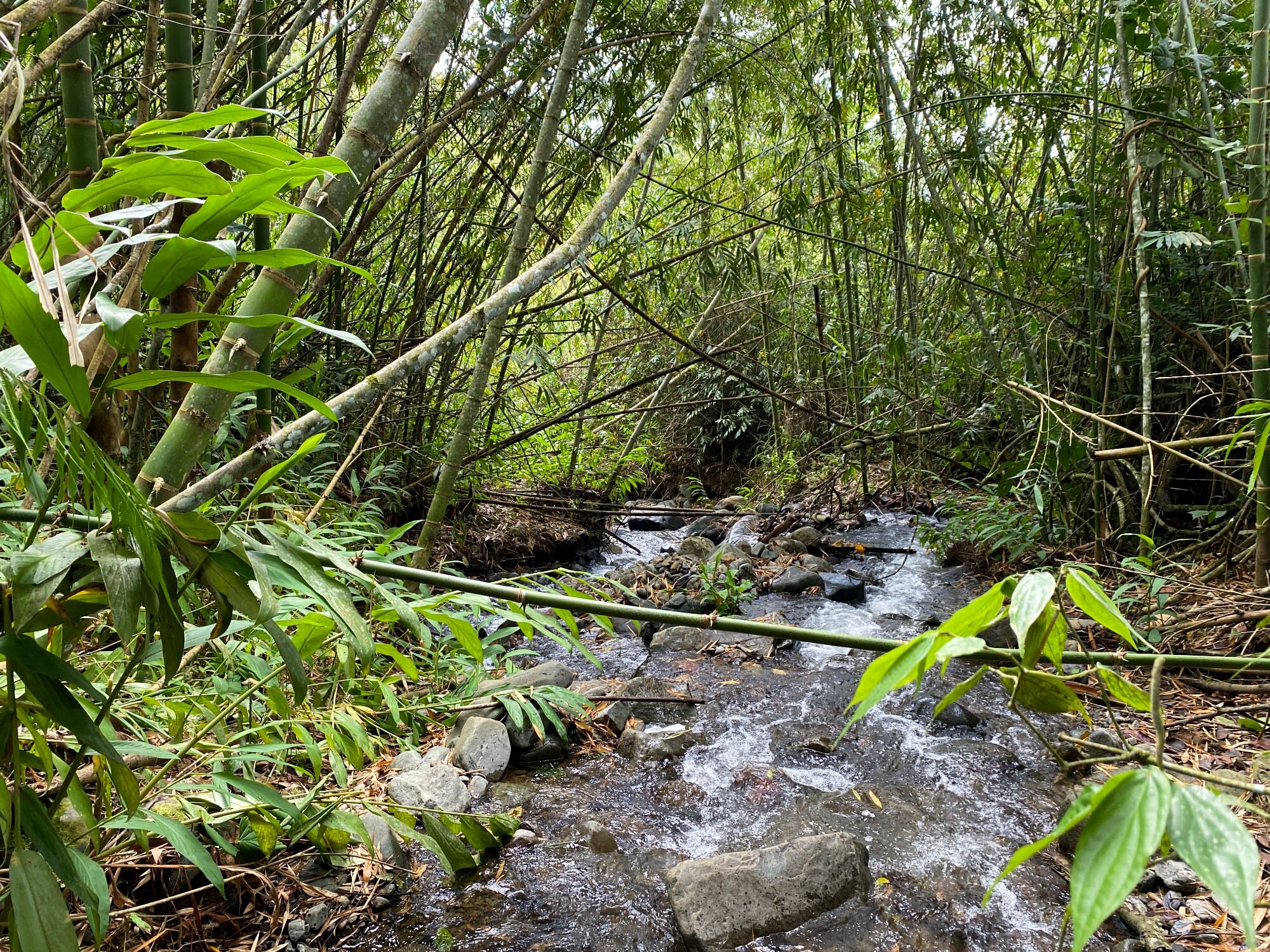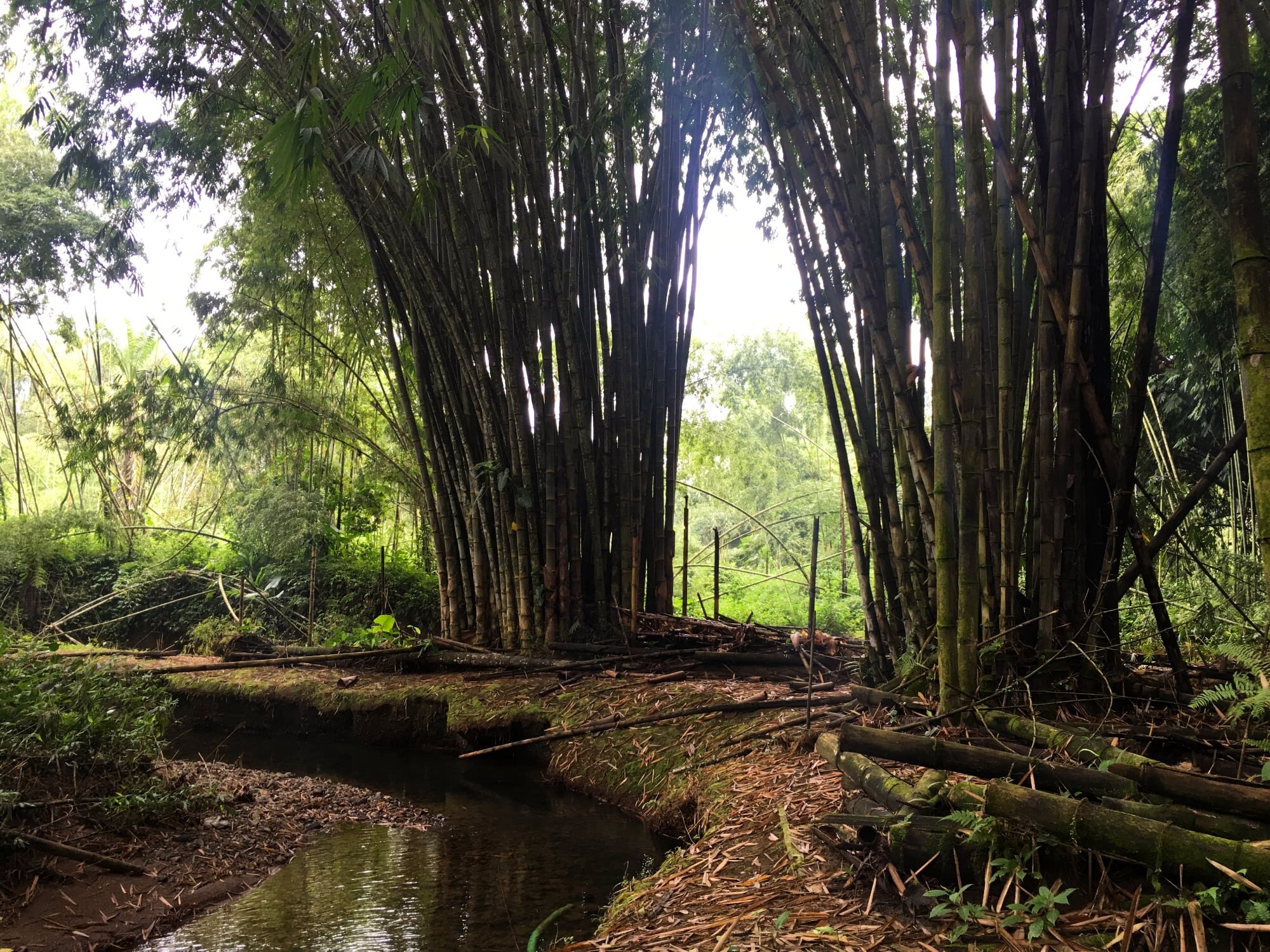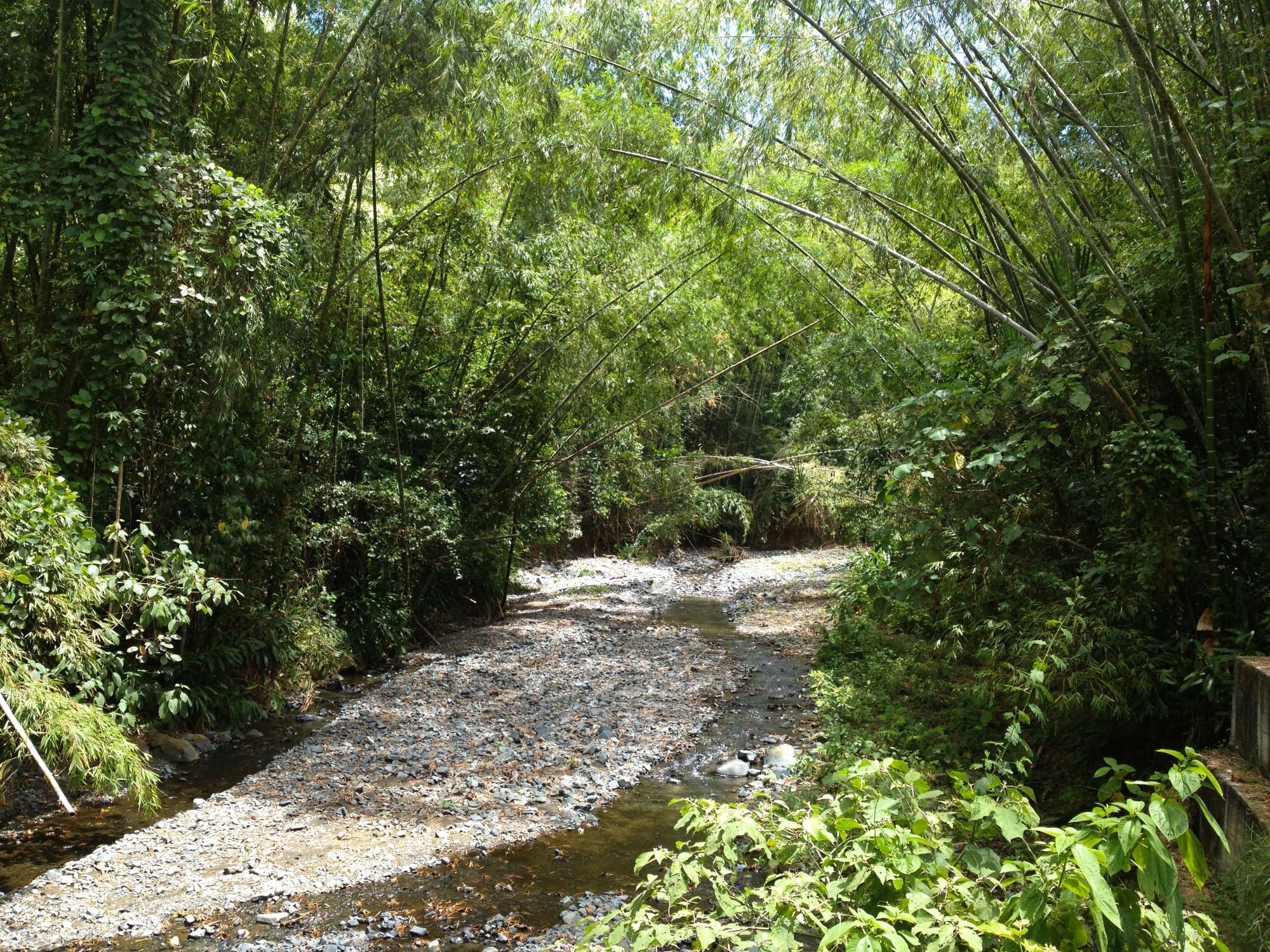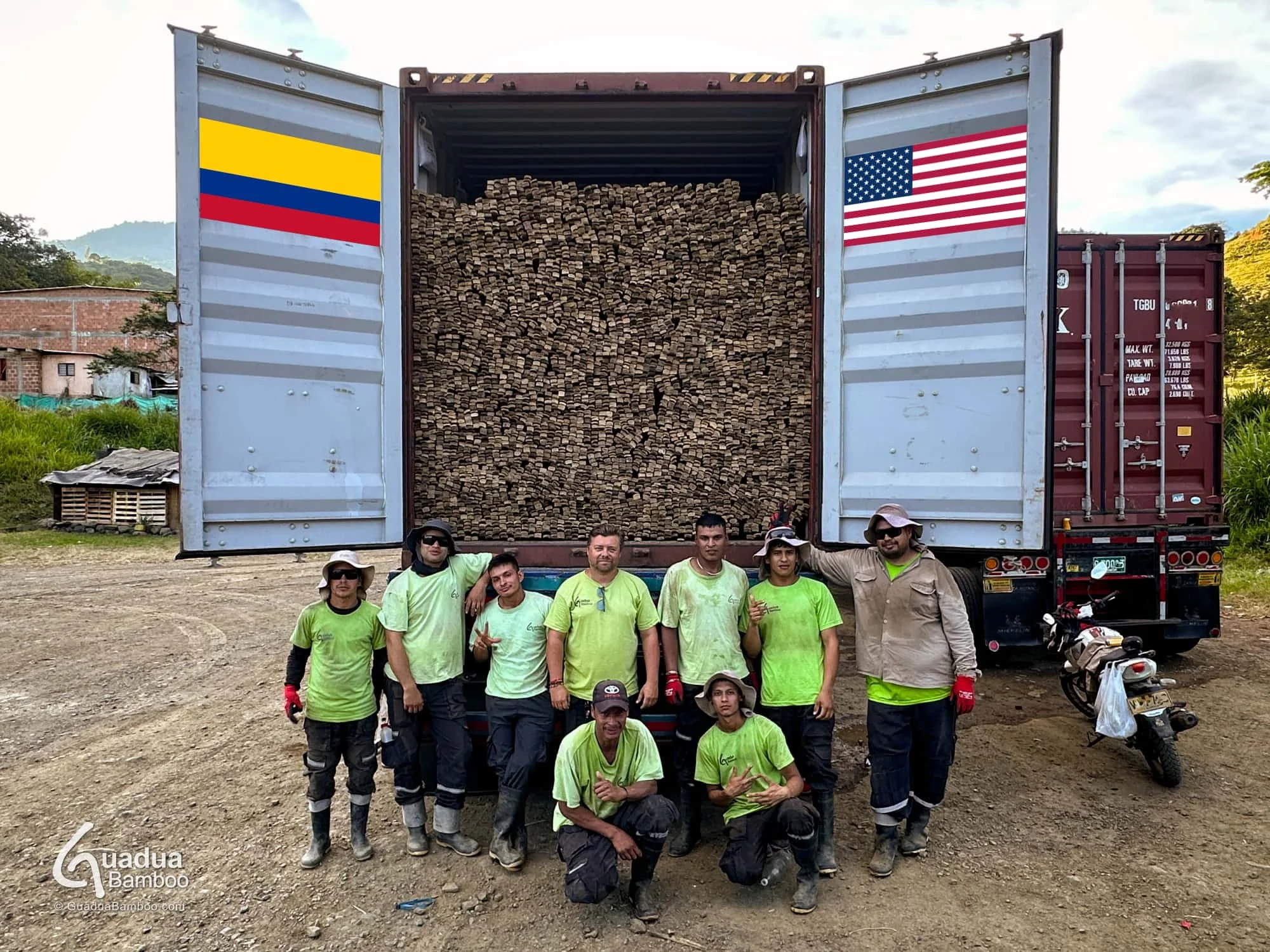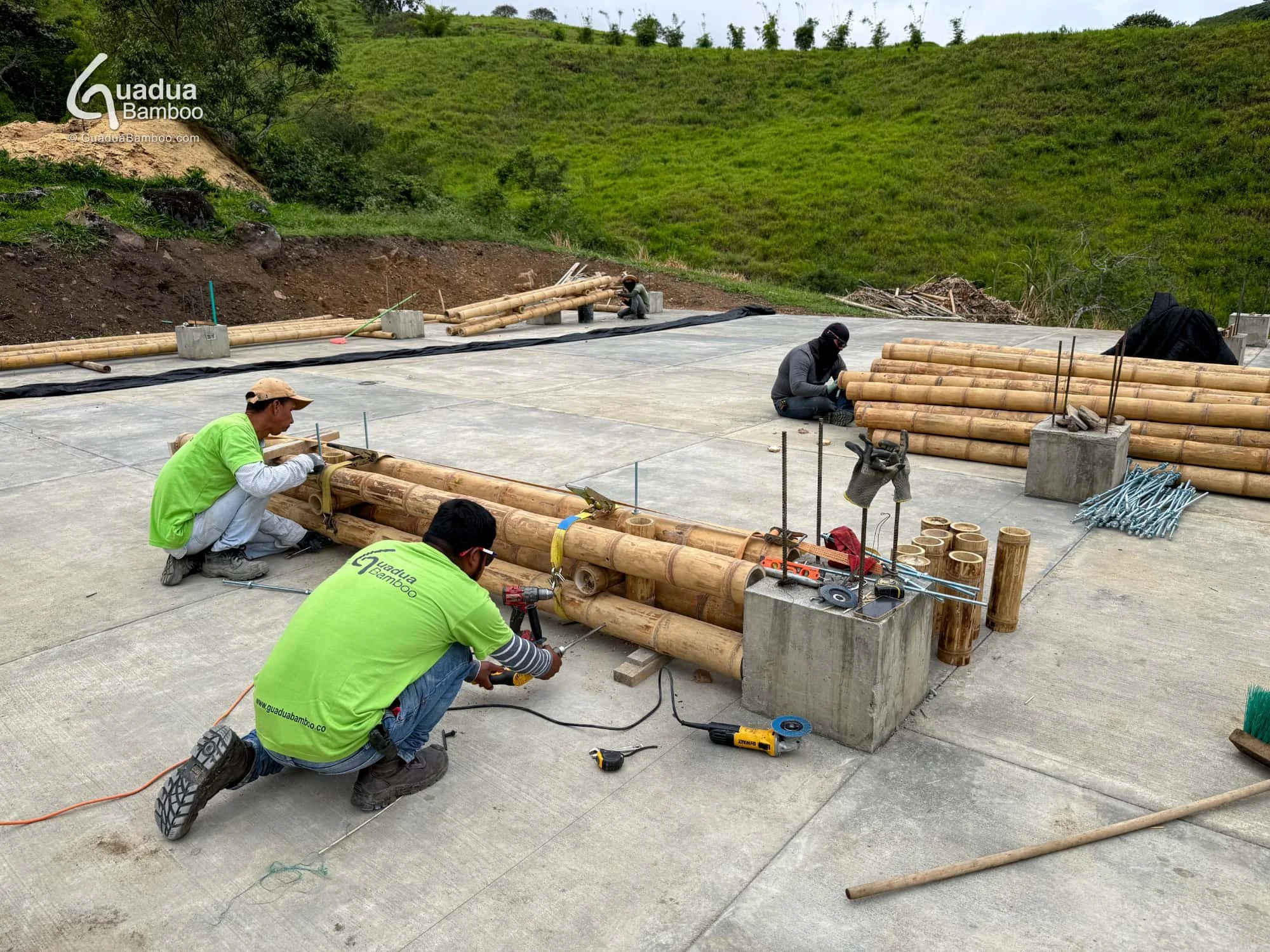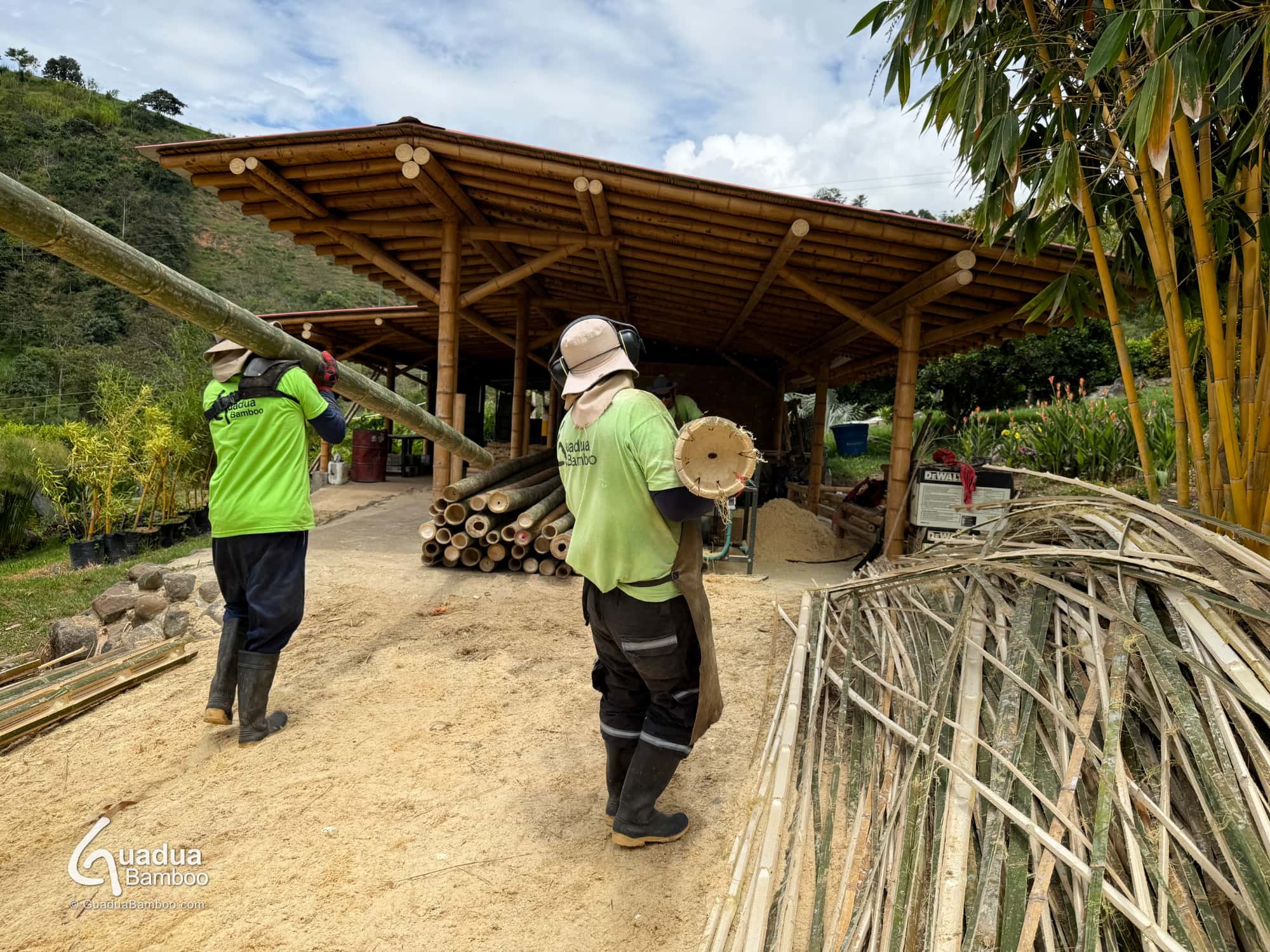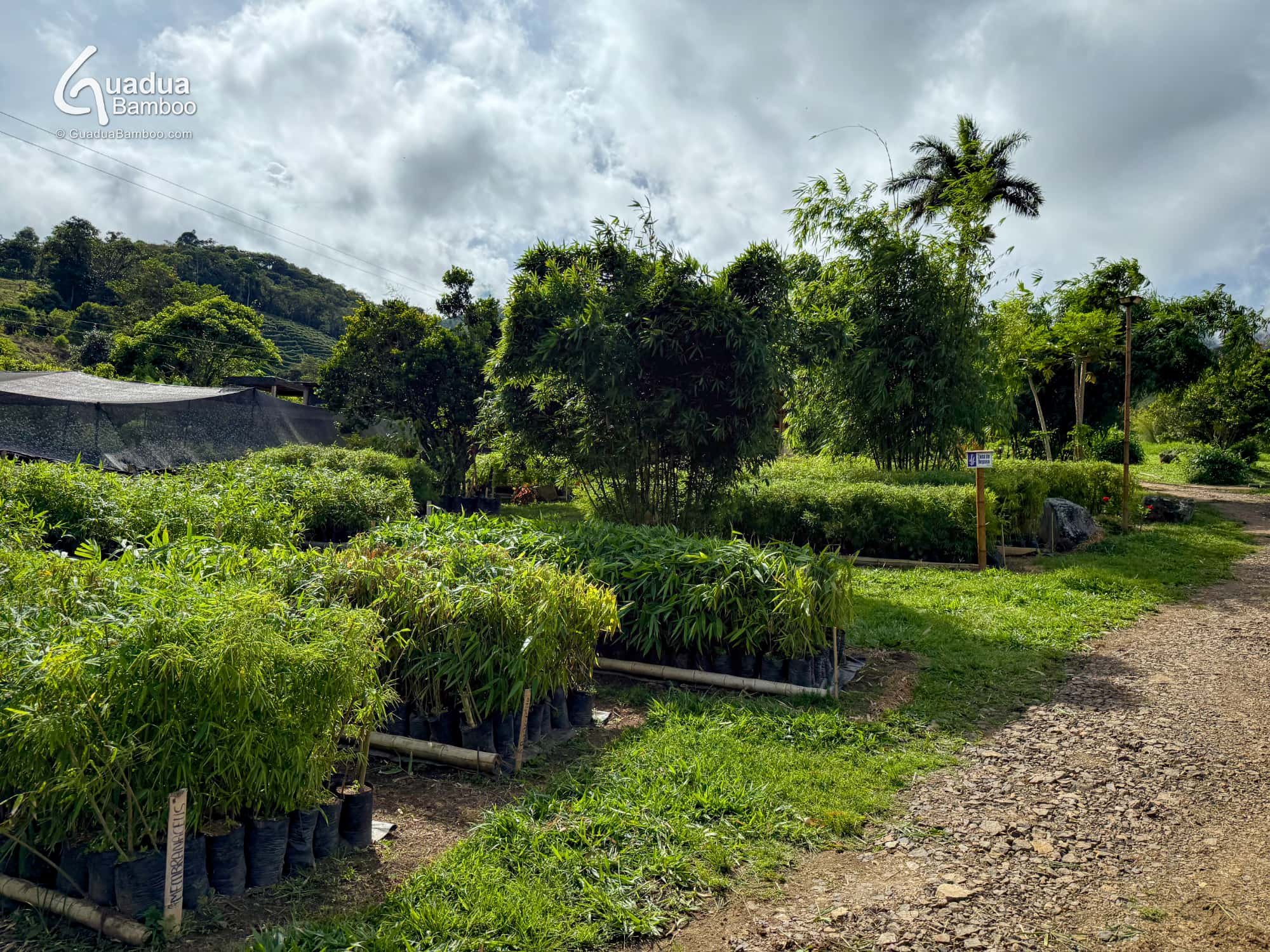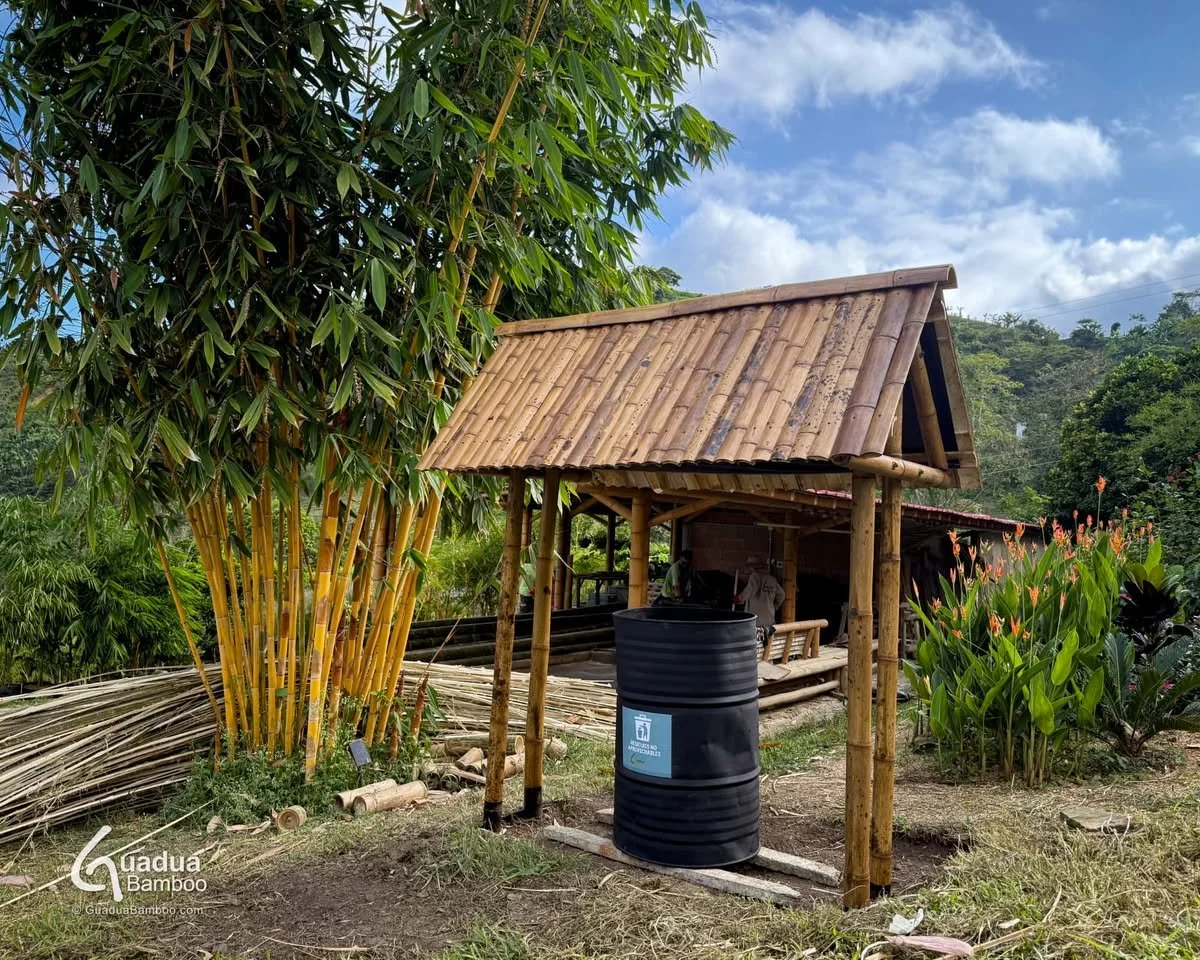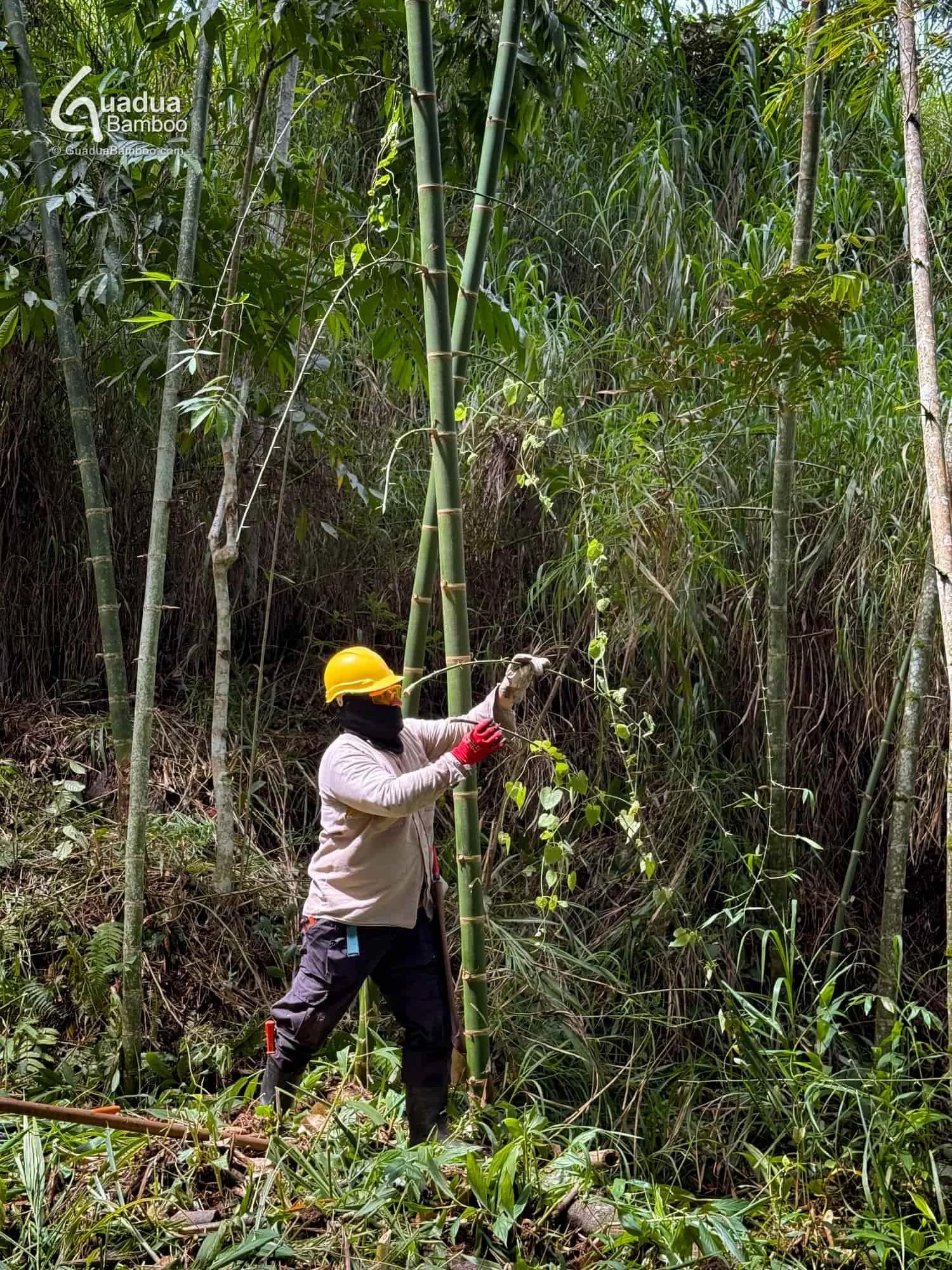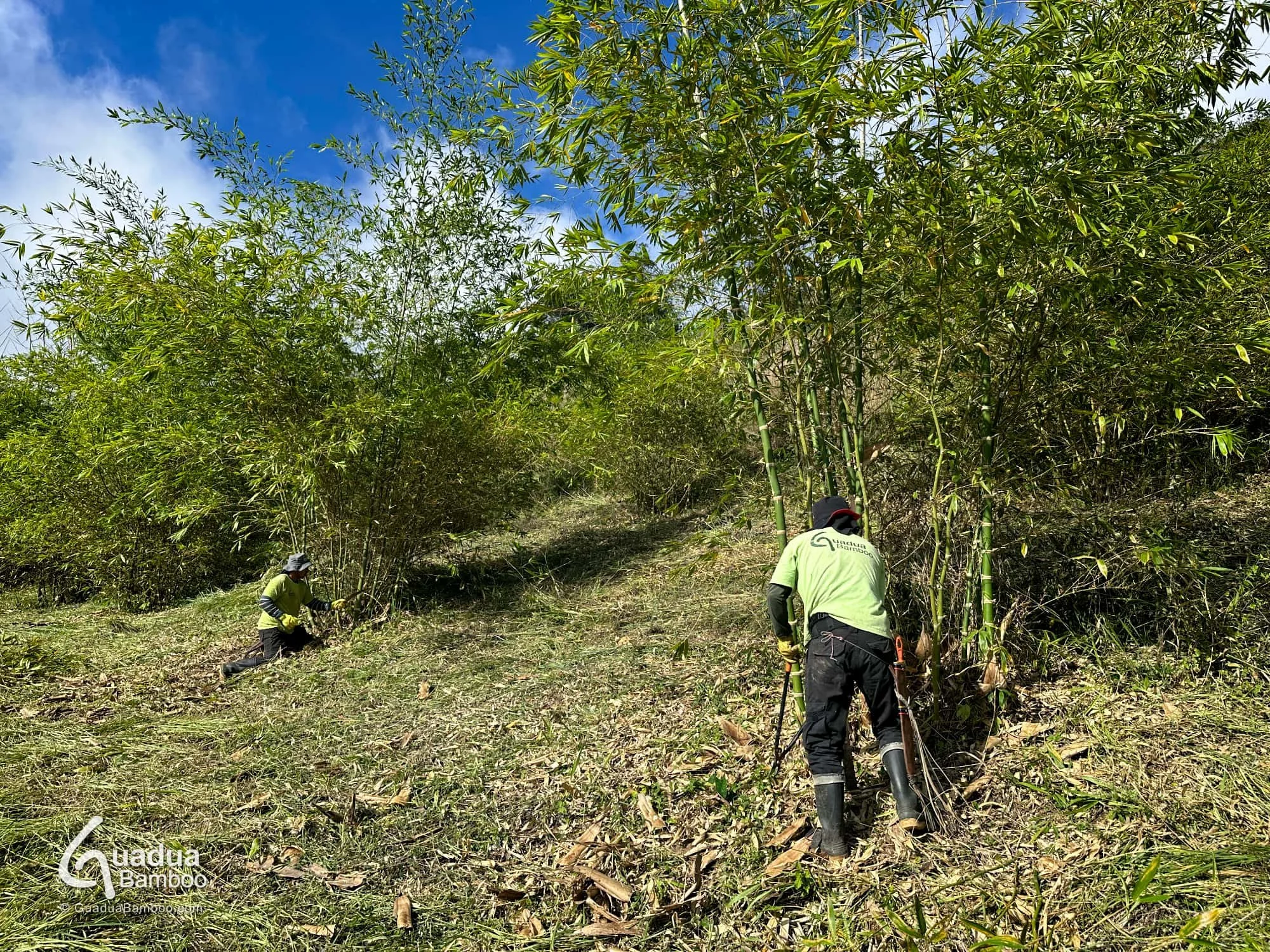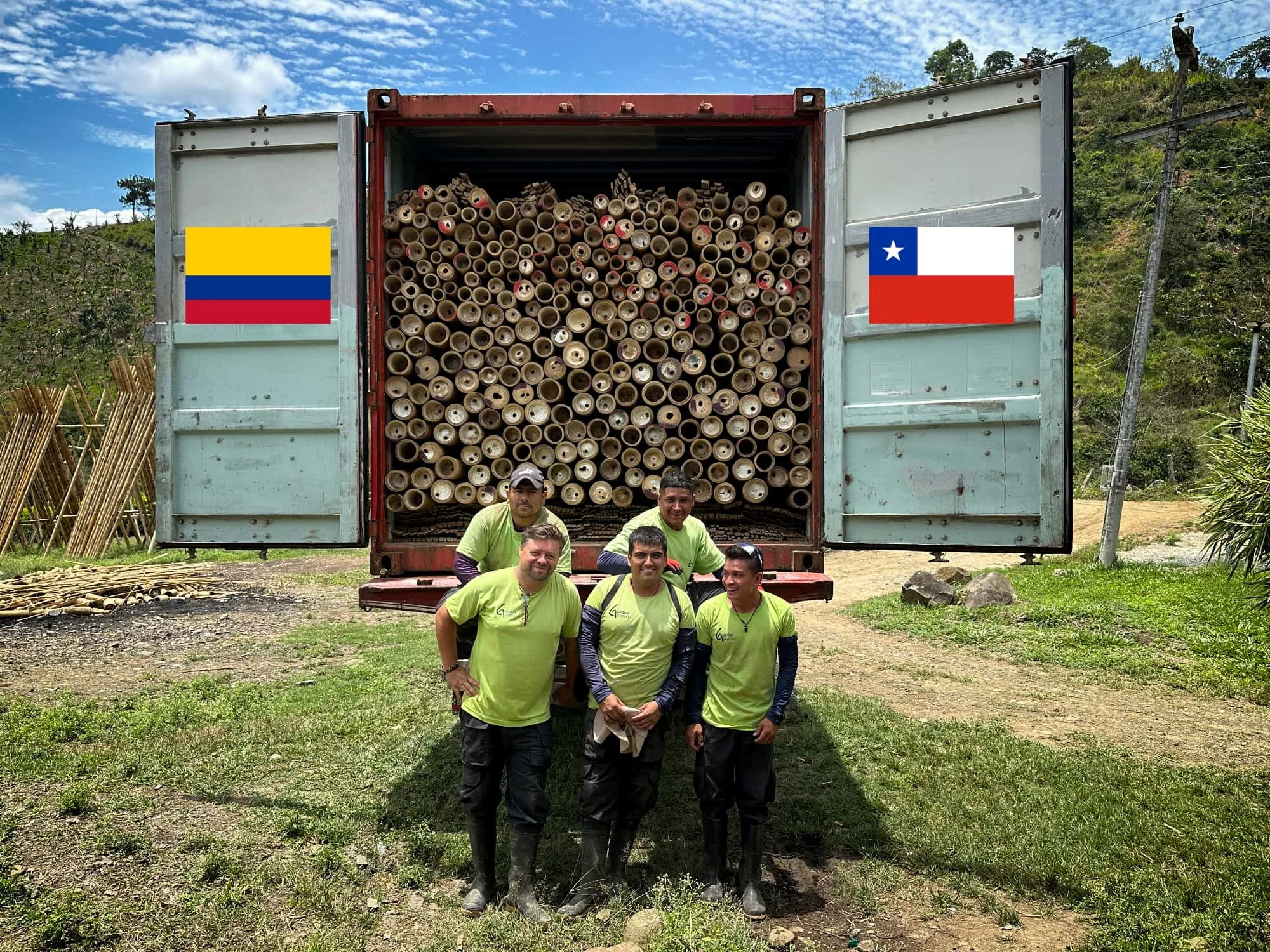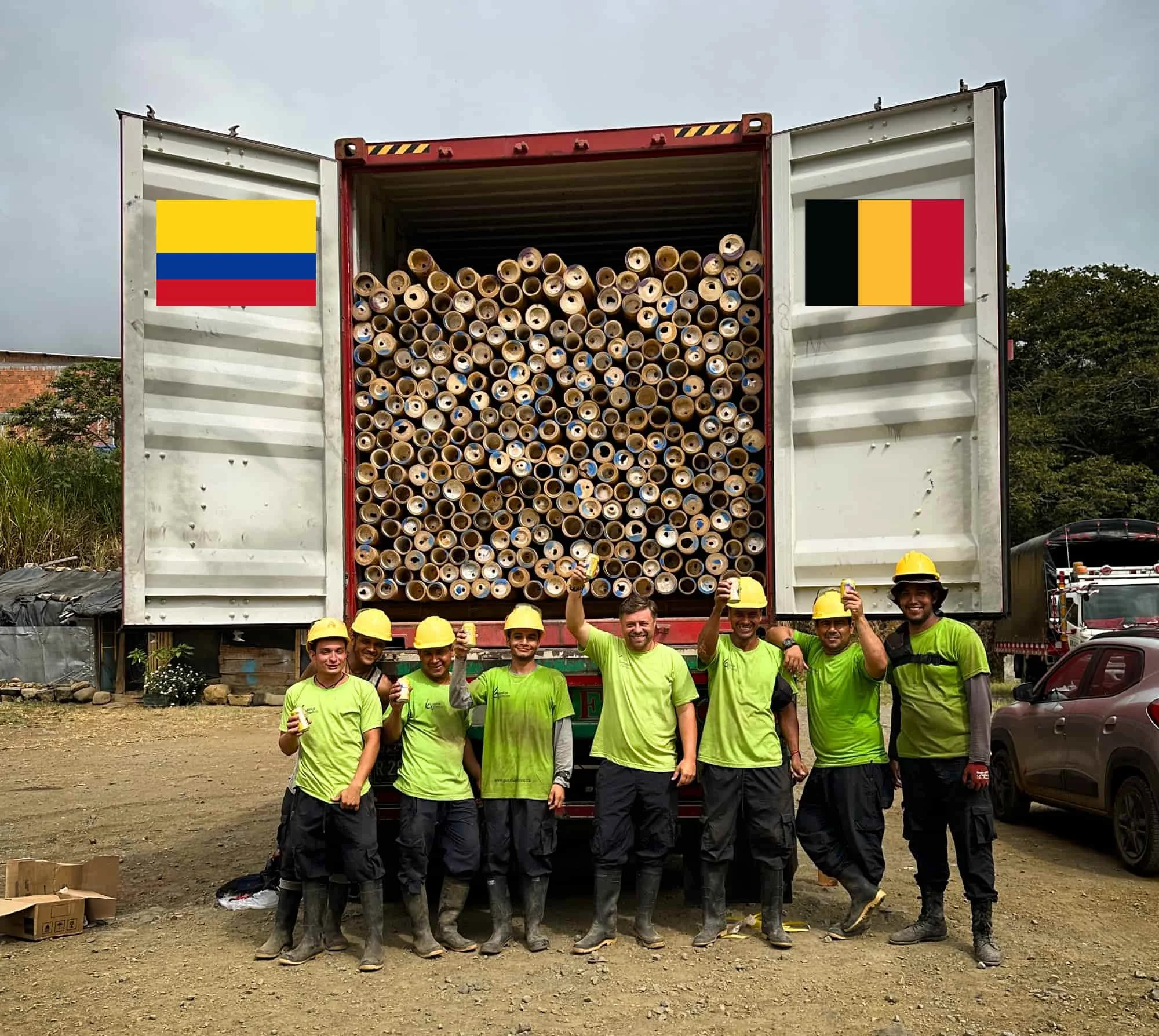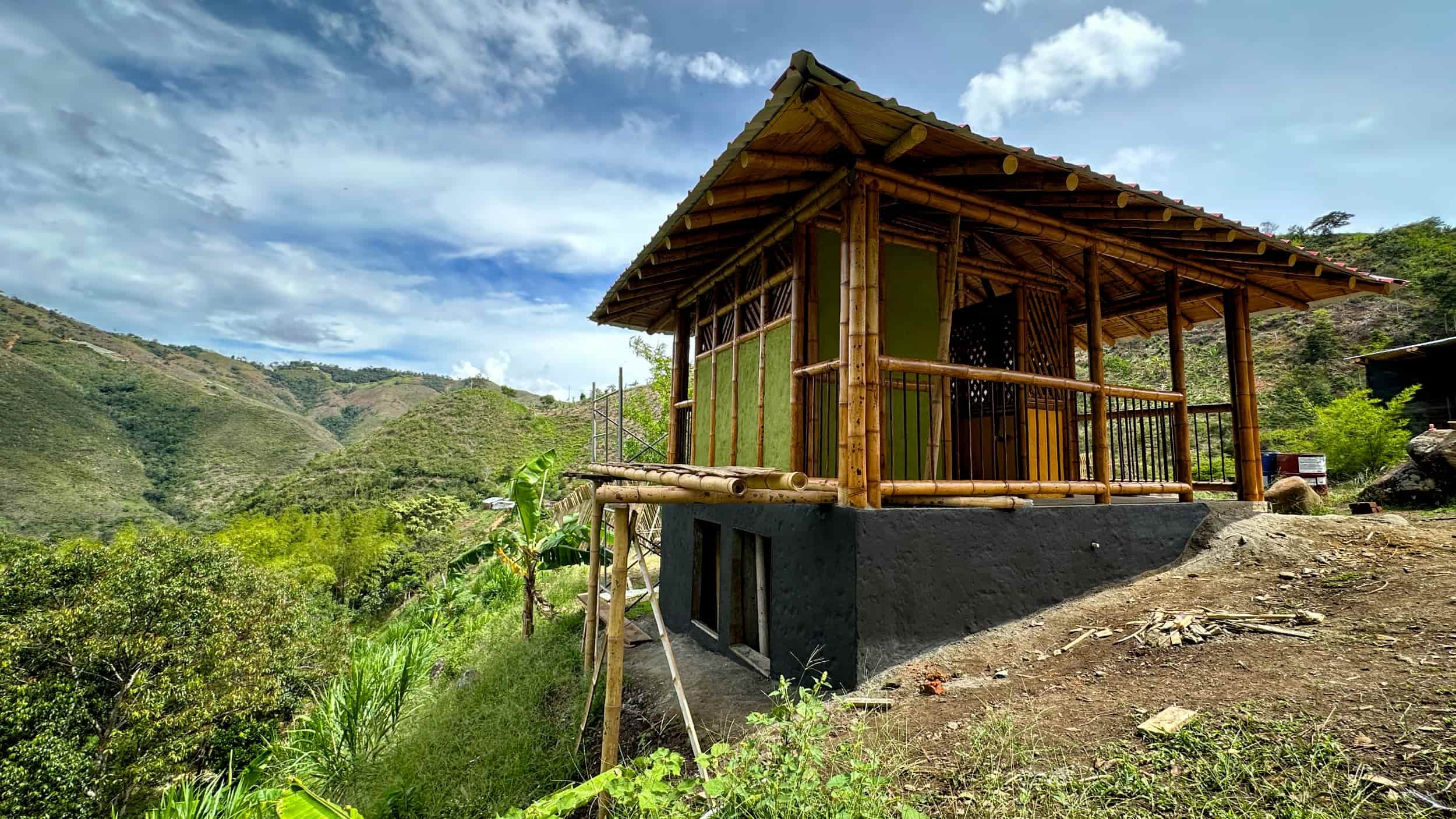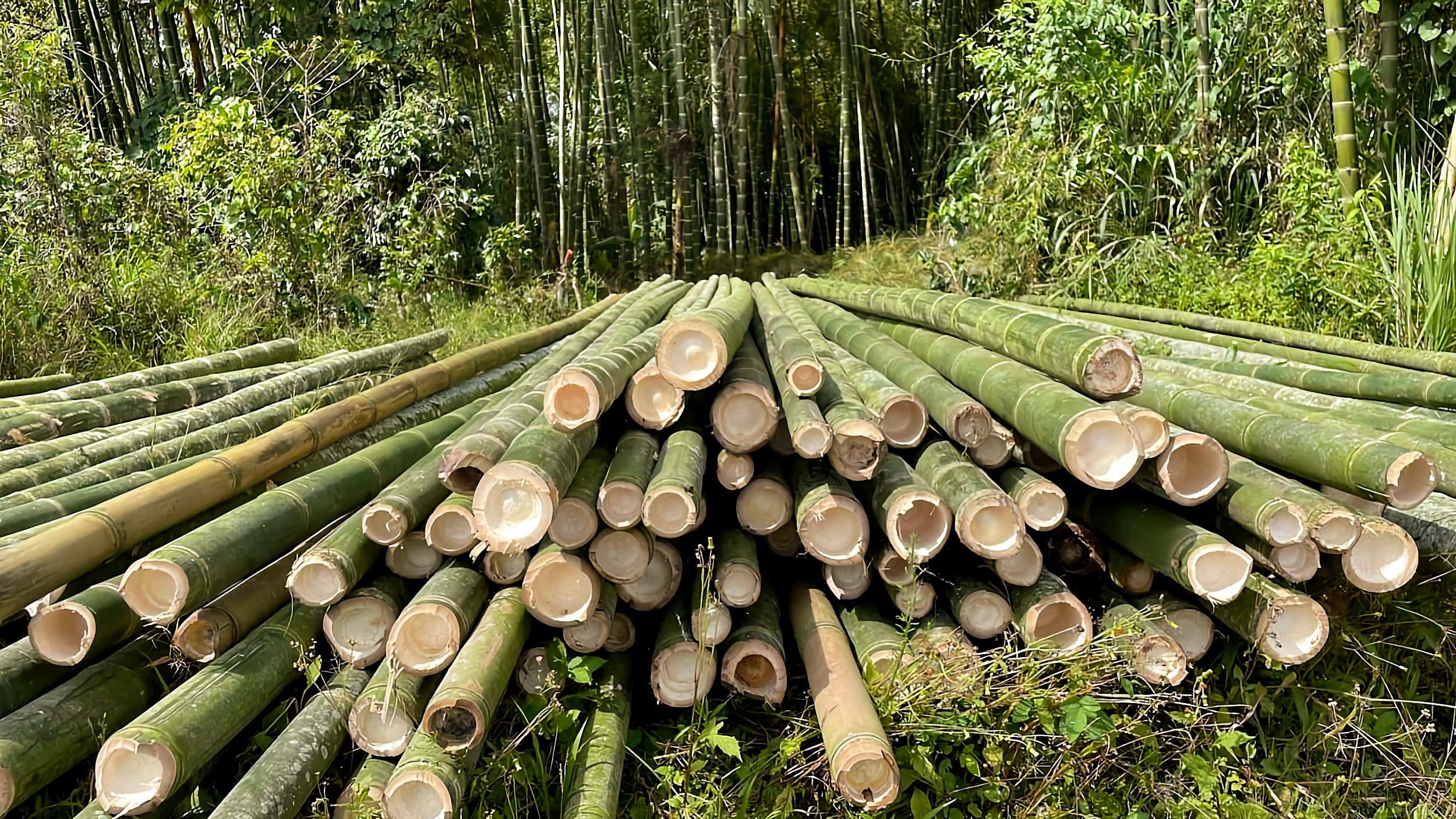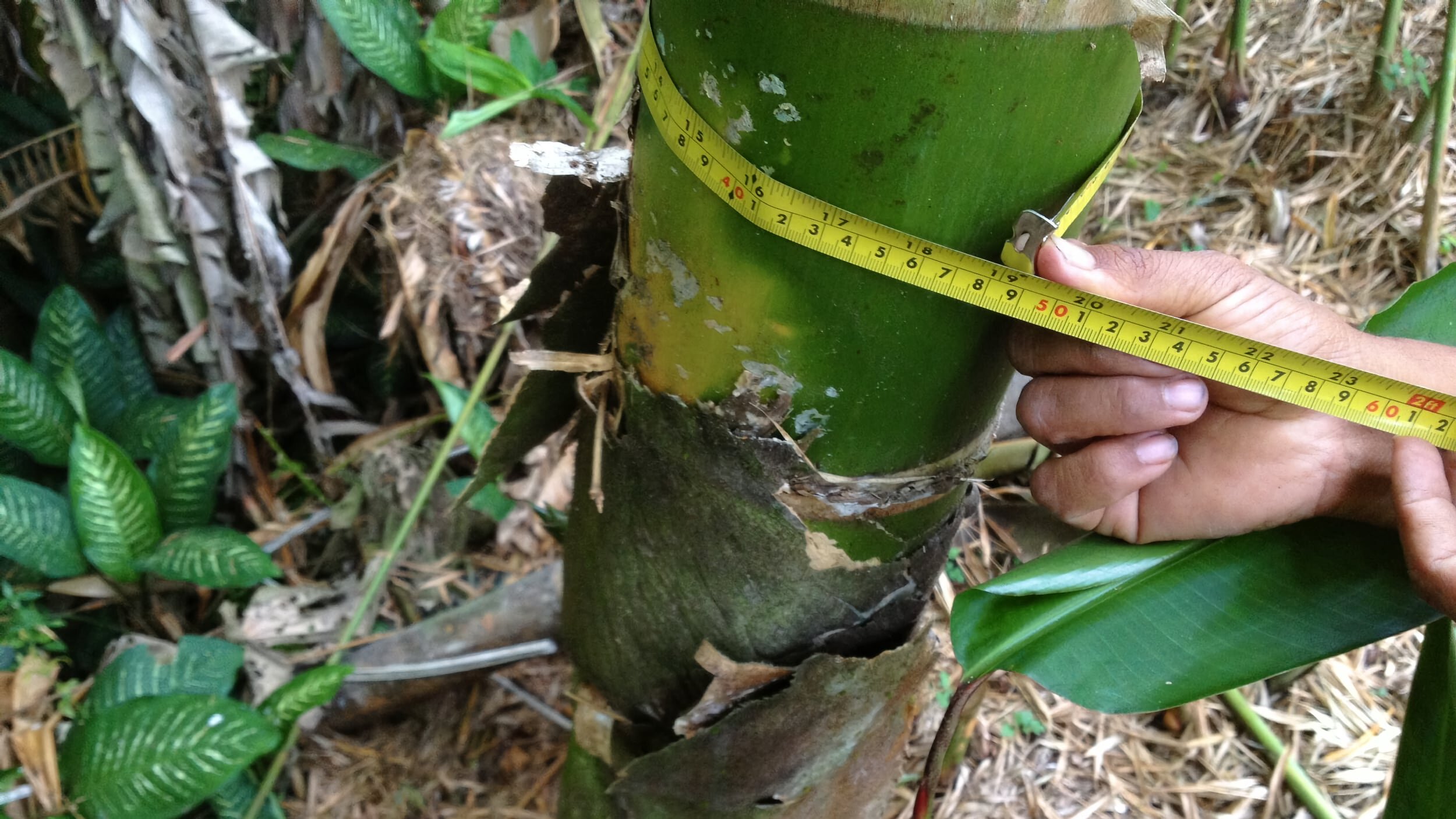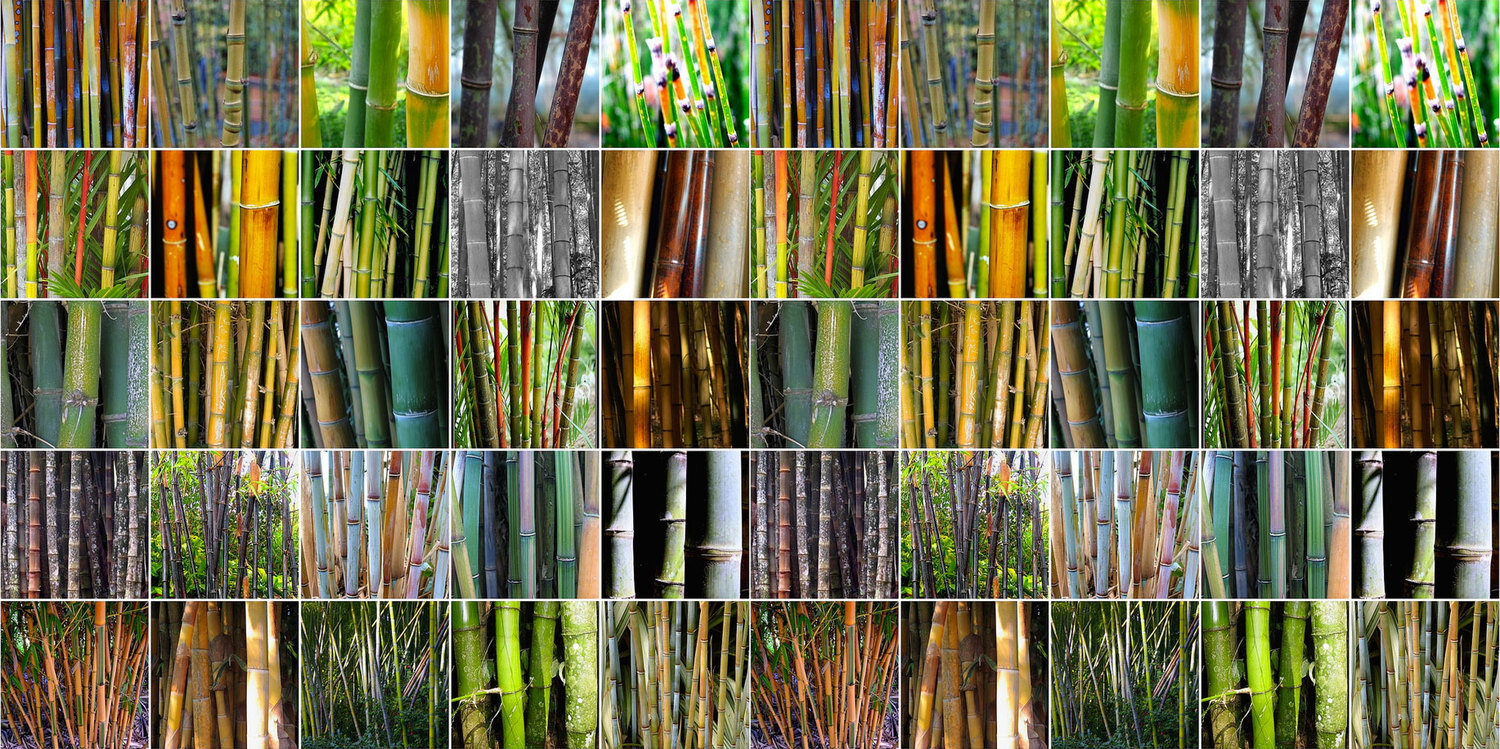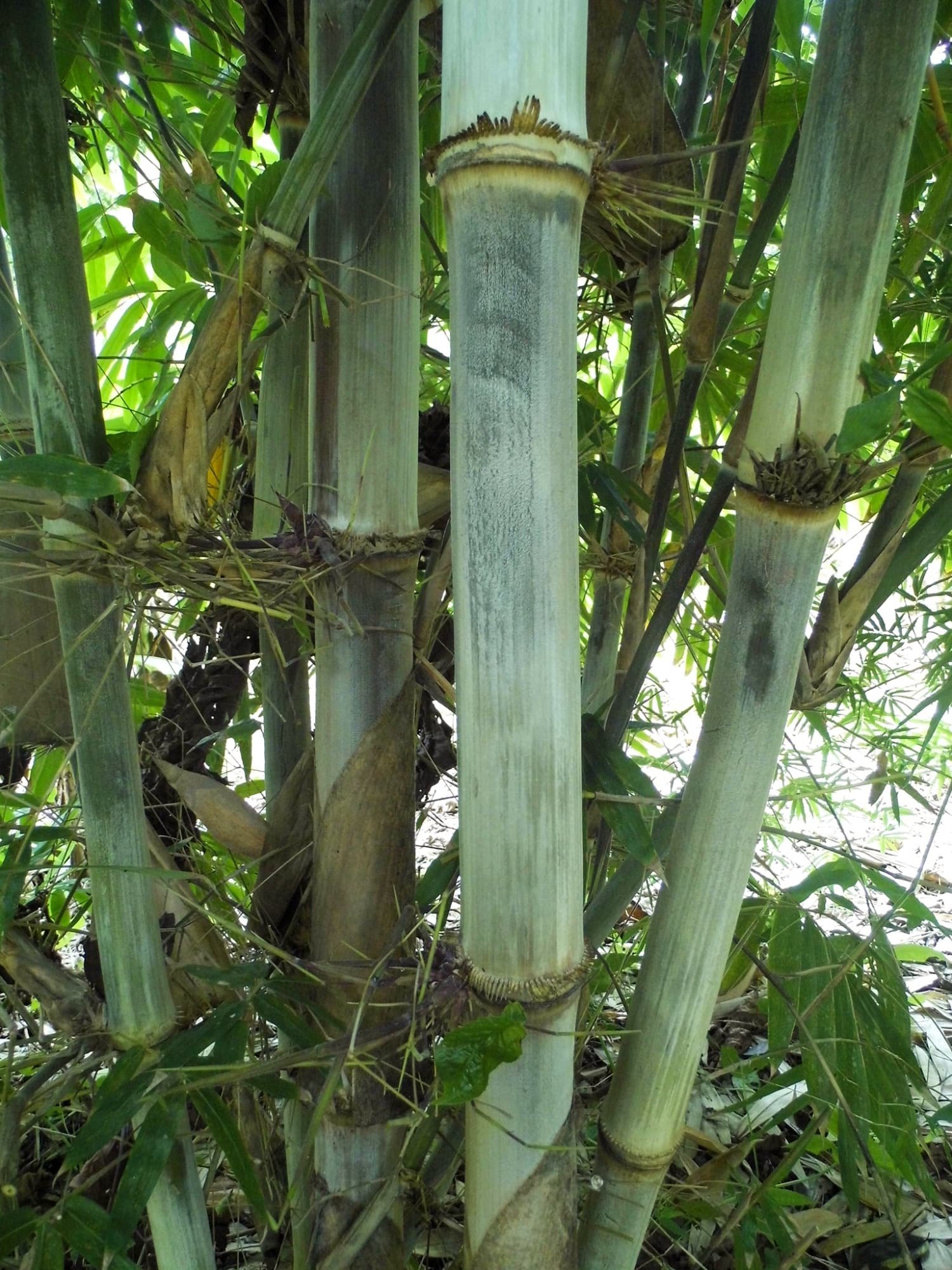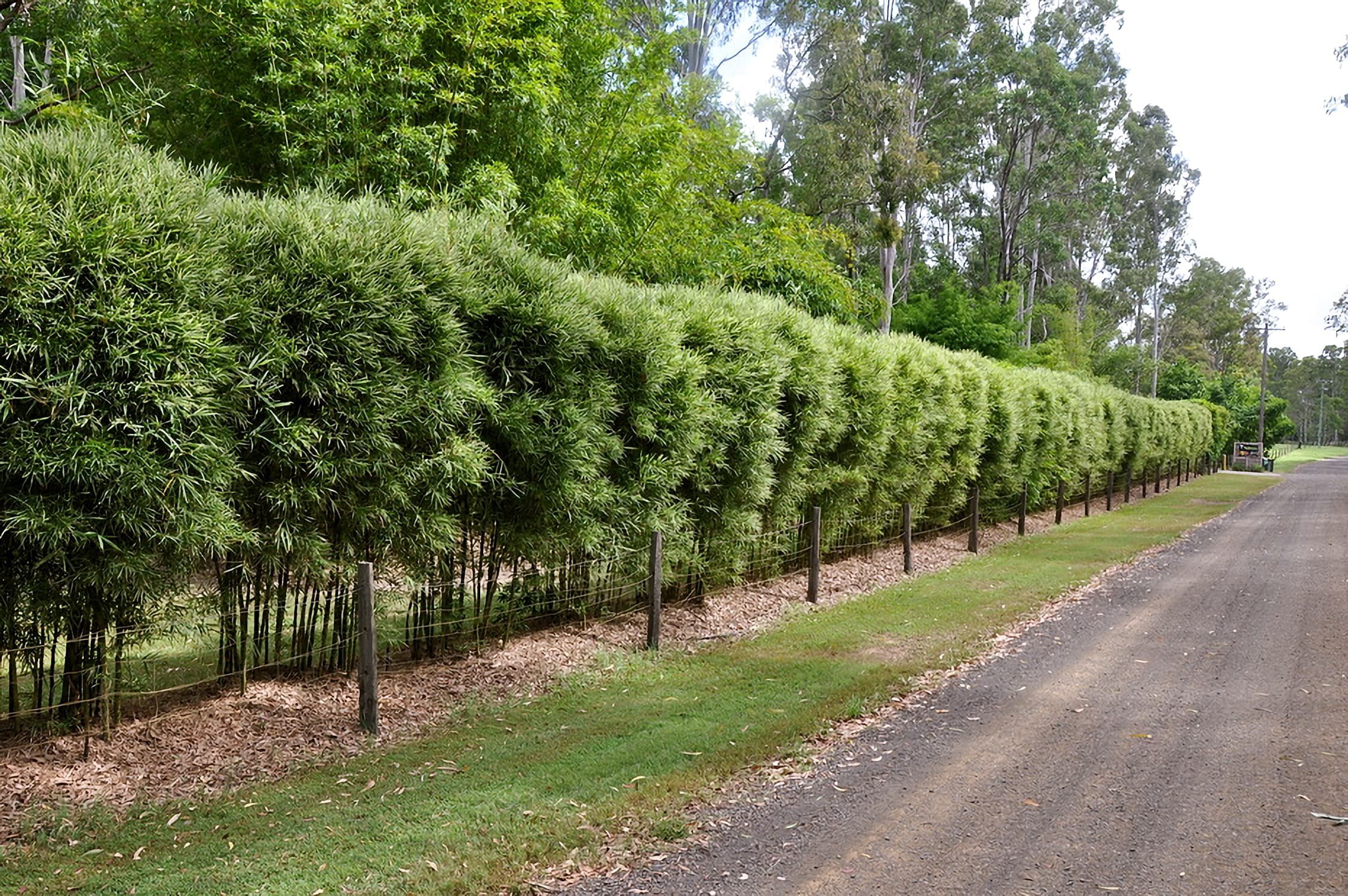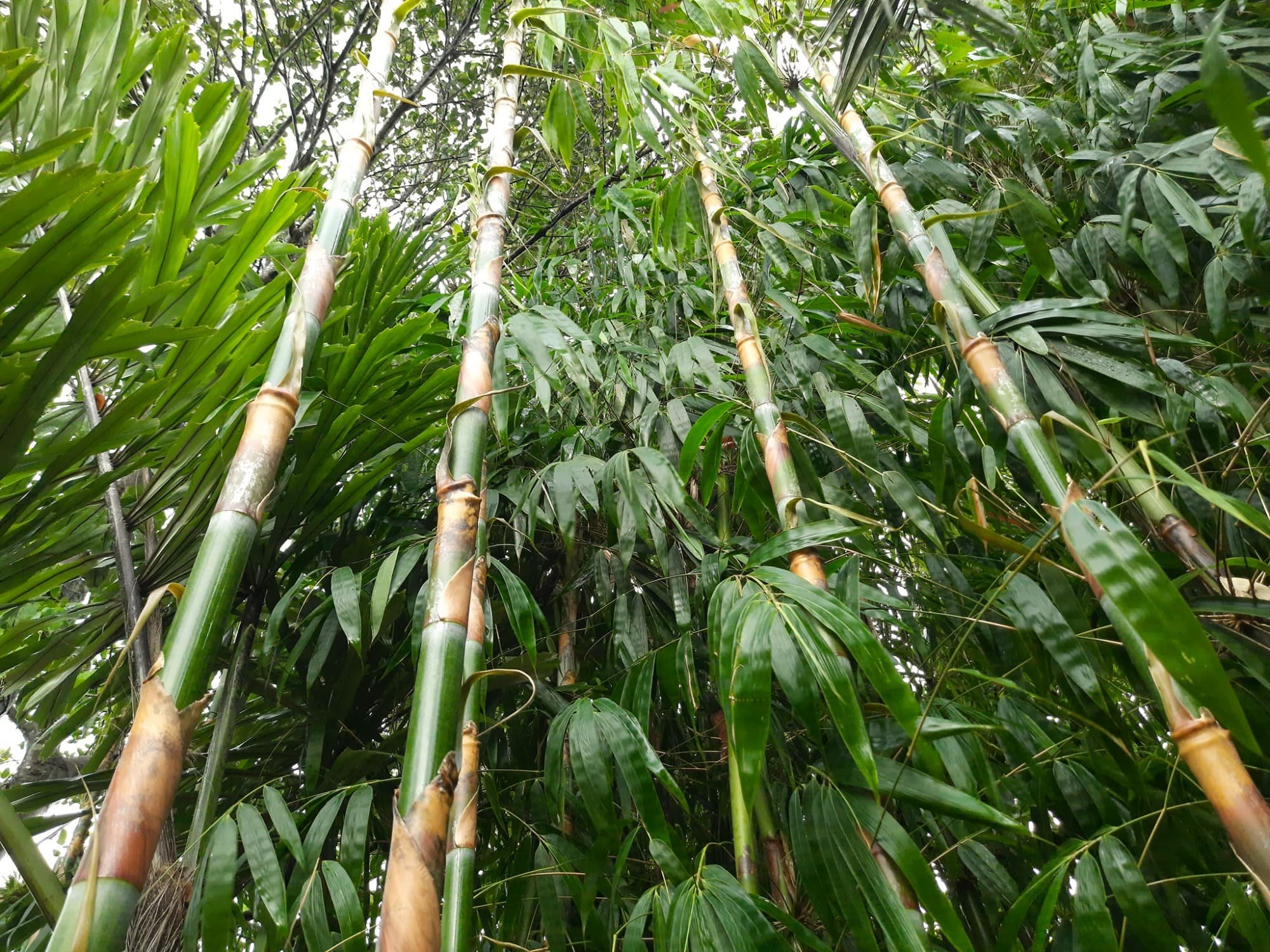Bamboo Produces Water for Rivers and Streams
Bamboo forests protect rivers and their ecosystems by regulating the quantity and quality of water. They form a sort of wall that serves as sediment control and to prevent the loss of flow in rivers.
Bamboo acts as a reservoir by collecting and storing large amounts of water in its rhizomes and stems during rainy season, and returning water to the soil, rivers and streams during droughts. One hectare of Guadua bamboo can store approximately 30,000 liters of water. Bamboo's extraordinary ability to hold and control large amounts of water makes it a plant that can help reduce soil desertification.
The over-exploitation of wood has led to droughts all over the world, inevitably causing erosion and affecting the lives of people, animals and plants. Bamboo grows in a wide variety of environments, including drylands where drought is killing other crops. From low wetlands to higher altitudes in the mountains, bamboo can thrive in a wide range of climates.
The extensive root system and forest cover of bamboo prevents streams from evaporating and can raise groundwater levels within a few years. Research has shown how severely degraded soil (as a result of an intensive brick industry) has been restored after planting bamboo. Within 20 years, the groundwater level has risen by 10 meters, which made it possible to add agricultural crops and tree species into the bamboo landscape.

Guadua Bamboo SAS

